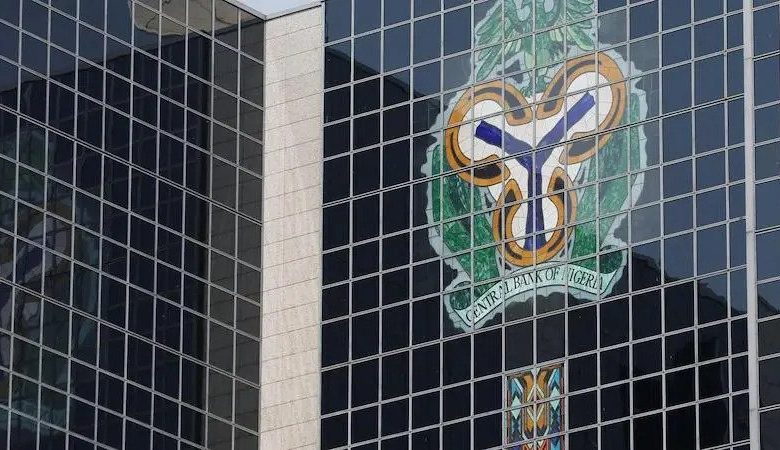Pros and Cons of CBN’s Naira Redesign

The Central Bank of Nigeria recently announced that it has redesigned the country’s 200, 500 and 1000 naira notes. The new notes will be released to the public on December 15, and Nigerians will have up till January 31, 2023 when the old notes will cease to be legal tender.
This announcement has divided opinions among many Nigerians online. And for good reasons, this move is likely to have a positive effect on the country’s general elections scheduled for next year, at the same time, the price tag for this redesign will be staggering for a country like Nigeria that needs to make sure every penny it is spending is well optimized.
About 6 trillion naira notes are currently in circulation at the moment, of which almost 80% is estimated to be outside the banking vaults. This means that almost 80% of all naira notes in circulation are in the hands of criminal elements like kidnappers, armed robbers and drug dealers. Others are in the hands of corrupt government officials who might be hoping to influence elections with their stolen wealth, and the rest is under the grandma’s mattress and under the mattresses of other people who are uneducated or who simply don’t trust the banking system enough to keep their life’s savings with other people.
Announcing that everyone will have to make a change in such a short period will surely cause some ripple effects, and have some unintended consequences.
The Pros
Positive effect on the coming general election
The biggest pro of redesigning the naira notes this close to the general elections is perhaps the fact that it might disrupt vote buying. In Nigerian elections, votes usually go to the highest bidder, politicians who have been hoarding money to buy votes will find it more difficult now as they will not be able to have access to large amounts of cash without declaring what they intend to use it for. Furthermore, those who already hoard cash at home will not be able to deposit the money at the bank without answering where they got the money from.
Might have a positive effect on inflation
One thing that will be visible in bank branches over the next couple of weeks, will be the fact that lots of individuals and businesses will be depositing high volumes of cash. This will give the banks more money to give out as loans. If individuals and businesses can access loans a little easier, it will boost economic activities that will create wealth and reduce inflation.
Effect on crime
One thing criminals like kidnappers, armed robbers and drug dealers cannot do is open a bank account or have any sort of transaction that can be traced. These criminals rely on cash only, and with the old naira notes becoming obsolete by January 31, this means they have a very short time window to launder all the cash in their possession. Some might, out of desperation decide to walk into a legitimate financial institution to exchange their cash, the authorities should be waiting for them when they do.
Better adoption of digital payment
If the naira will soon become obsolete, some businesses will begin to demand that customers pay them through POS, bank transfer or other digital means. This will be good for the economy because it will lead to more efficient bookkeeping and better tax collection by the government.
The Cons
High cost
Nigeria is broke, the cost of redesigning and printing trillions of naira that will go into circulation will be staggering. But it might be worth it in the long run if the government does it efficiently.
might further crash the naira against the dollar
Naira has fallen by over N190/$1 year to date from an average of N565/$1 recorded as of 31st December 2021, currently trading as high as N760/$1 and still rising. This fall might be exacerbated over the next few weeks if those who have hoard the naira decided to buy dollars with their money. Too much naira chasing a few supplies of dollars will crash the exchange rate at the black market.
Overcrowding at the bank
Visiting any bank branch over the next few weeks is sure to be an unpleasant experience. Lots of people will be out to make deposits before January 31 deadline, which will lead to massive crowds at the banks. When India tried a similar scheme last year, it went horribly wrong when millions couldn’t access the bank to a deposit before the deadline date.
If you have your money in the bank, do not panic. It is unlikely that you will even notice any changes as the transition occurs. Currency as a percentage of money supply is less than seven percent, the vast amount of the Nigerian naira is digital. For now, avoid going to the bank as much as possible and do not make deposits for strangers to avoid being caught in a money laundering scheme.

I value the dedication you put into investigating and providing evidence for your points. It adds reliability to your ideas.
Your prose creates vivid imagery, effortlessly bringing every detail to life. I can instantly visualize everything you portray.